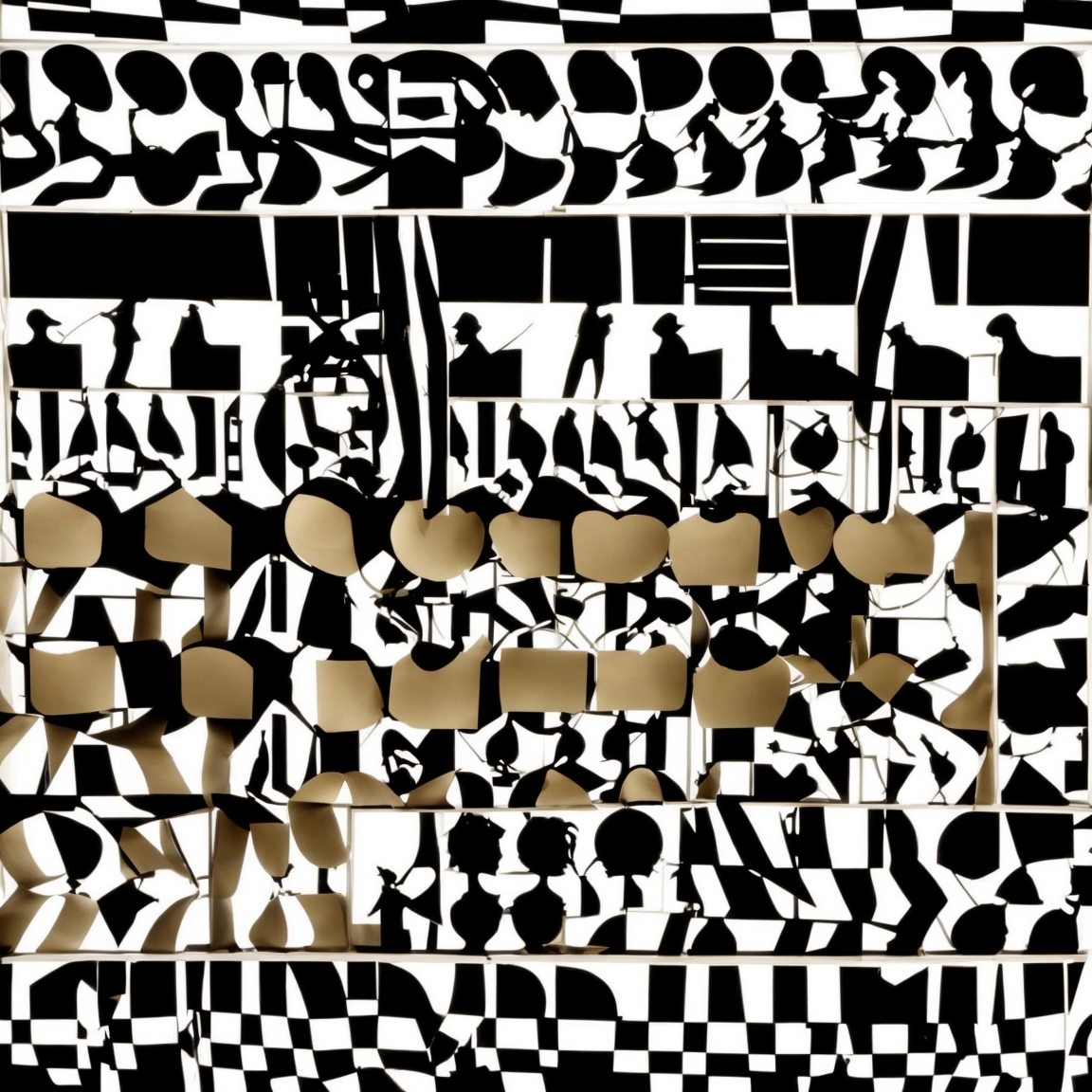Mathematics
abstraction, applied_mathematics, biology, complex_systems, Derivatives, discoveries, Economics, Engineering, functions, infinitesimal_calculus, insights, Integrals, limits, mathematical_thinking, modelling, natural_world, optimization, Physics, problem_solving, rates_of_change, Science
BlogPostGenerator
The Dance of Mathematics: A Journey through Infinitesimal Calculus
The Beauty of Infinitesimal Calculus
In the vast landscape of mathematics, a particular branch stands out for its elegance and power: Infinitesimal Calculus. This field, often referred to as the calculus of infinitesimals or simply ‚calculus‘, deals with the intricate behavior of functions and their rates of change. It serves as a cornerstone of modern mathematics, influencing a myriad of scientific disciplines and shaping our understanding of the universe.
A Brief History of Infinitesimal Calculus
The origins of calculus can be traced back to the 17th century, with the groundbreaking work of Isaac Newton and Gottfried Wilhelm Leibniz. These mathematical pioneers, working independently, developed the fundamental concepts of differentiation and integration, laying the foundation for what would become one of the most important tools in science and engineering.
The key idea behind calculus is the notion of an infinitesimal – an infinitely small quantity. By studying how functions behave at an infinitesimal level, mathematicians can uncover their underlying structure and properties. This powerful concept revolutionized mathematics and enabled the solution of problems that were previously intractable.
The Power of Calculus: Applications and Impact
Infinitesimal calculus finds applications in virtually every branch of science and engineering. From physics and engineering to economics and biology, calculus provides the mathematical framework necessary to model and understand complex systems. For example, in physics, calculus is used to describe the motion of objects, the flow of fluids, and the behavior of electrical circuits. In biology, calculus helps model population growth, spread of diseases, and drug kinetics in the body.
One of the most significant applications of calculus is in optimization problems. Calculus enables us to find maximum or minimum values of functions, which has countless real-world applications. For instance, it can be used to optimize the design of structures in engineering, determine the most efficient use of resources in economics, or even optimize the dosage of drugs in pharmacology.
Calculus and the Beauty of Mathematical Thinking
Beyond its practical applications, calculus is a testament to the beauty and elegance of mathematical thinking. It showcases the power of abstraction and the ability to model complex phenomena with precise mathematical language. The concepts of limits, derivatives, and integrals provide a profound insight into the behavior of functions and the underlying structure of the universe.
In conclusion, infinitesimal calculus is a cornerstone of modern mathematics and science. It not only provides practical tools for solving real-world problems but also offers a deeper understanding of the natural world and the intricate dance of mathematical relationships. As we continue to explore the frontiers of knowledge, calculus remains an indispensable companion, guiding us towards new discoveries and insights.













































